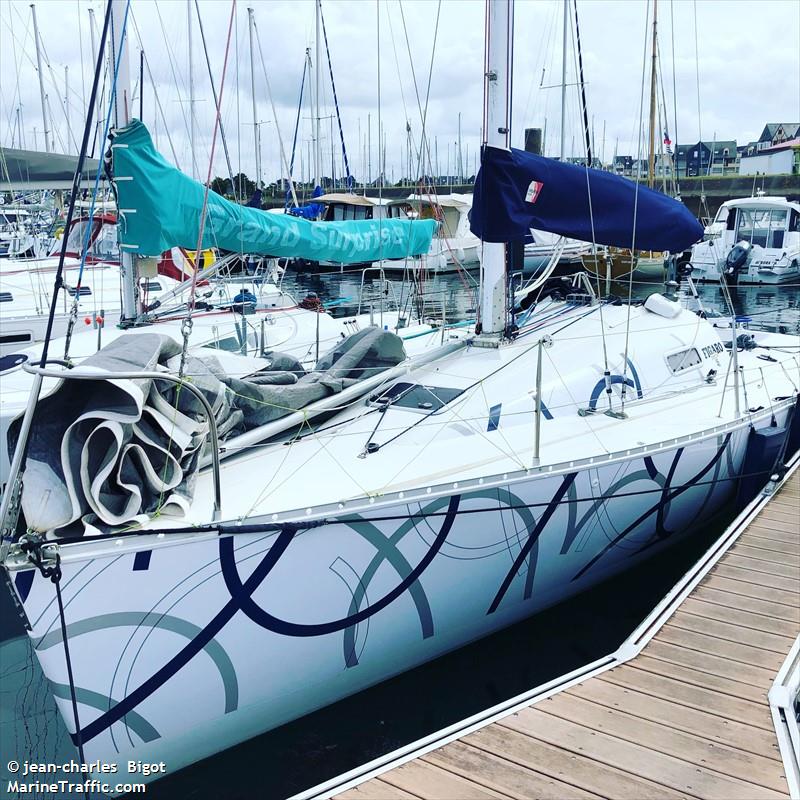Michelin moves a step closer to commercialising inflatable wing sails

French tire manufacturer Michelin has moved a step closer to commercialising its automated, telescopic, inflatable wing sail system for ships having secured approval in principle from the Norwegian class society DNV.
The WISAMO (Wing Sail Mobility) system, said to be the first to be awarded to an inflatable wing sail design, is currently being fitted for testing on the 1999-built conro MN Pelican owned by compatriot Maritime Nantaise (MN), a subsidiary of Sogetrans. The 155 m long vessel is under charter to Brittany Ferries and sails between Poole, Great Britain and Bilbao, Spain.
First introduced in 2021, the initial tests of a WISAMO sail were carried out on Michel Desjoyeaux’s sailing yacht. The inflatable wing sail design enables a ship to reduce its fuel consumption by up to 20% depending on the type of vessel, its route, or prevailing weather conditions, Michelin claimed.
“It is a very important step forward in the further development of this innovative solution to contribute to maritime transport decarbonisation. We are now ready for the wing sail usage on MN Pelican roro that will allow experimental tests in heavy maritime conditions. All returns of experience will now contribute to build the larger WISAMO wing sail,” stated Gildas Quemeneur, initiative leader at Michelin.
DNV Maritime’s senior principal engineer Hasso Hoffmeister remarked that class society has seen an increased interest in wind-assisted propulsion systems for owners where the combination of compliance strategy, vessel type, and route offer potential benefits. However, he added that: “as with every novel technology, acceptance and uptake can only grow from a foundation of trust, supported by rigorous, trusted and evolving technical standards.”
In related news, Anemoi Marine Technologies, a British supplier of rotor sails for commercial vessels, has received approval from the Liberian Registry. Anemoi’s sails are available with three deployment options: fixed to the deck, a folding type, and on rails that can be moved along or across the deck. The folding and rail systems were validated on a newcastlemax bulk carrier design from SDARI and issued an AIP by Lloyd’s Register. The Liberian Registry conducted a technical review of the documentation including Energy Efficiency Design Index (EEDI) calculations and, as a result, issued an AIP with estimated energy efficiency improvements of about 20% in terms of EEDI performance.

 owned by compatriot Maritime Nantaise (MN), a subsidiary of Sogetrans. The 155 m long vessel is under charter to Brittany Ferries and sails between Poole, Great Britain and Bilbao, Spain.
owned by compatriot Maritime Nantaise (MN), a subsidiary of Sogetrans. The 155 m long vessel is under charter to Brittany Ferries and sails between Poole, Great Britain and Bilbao, Spain.